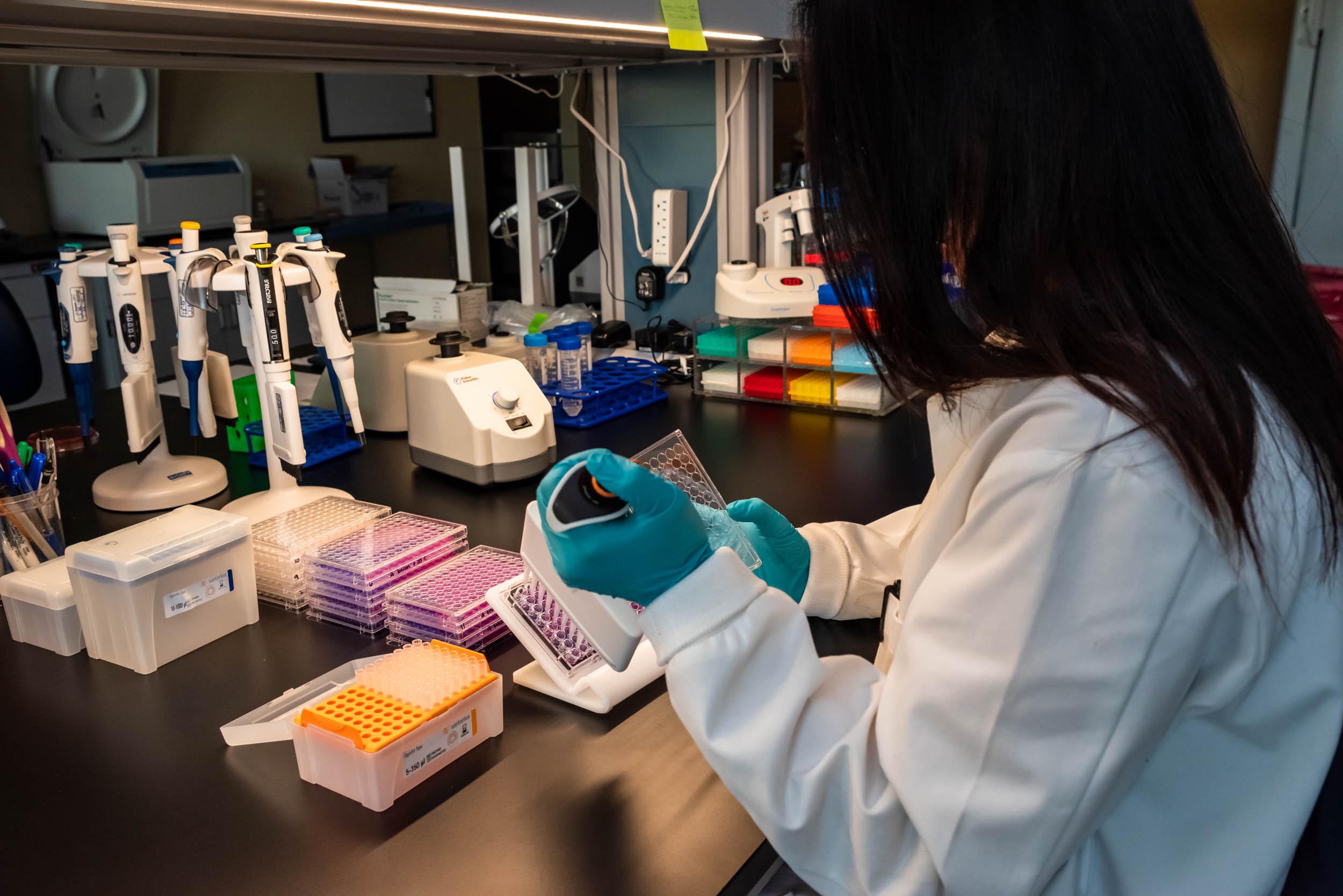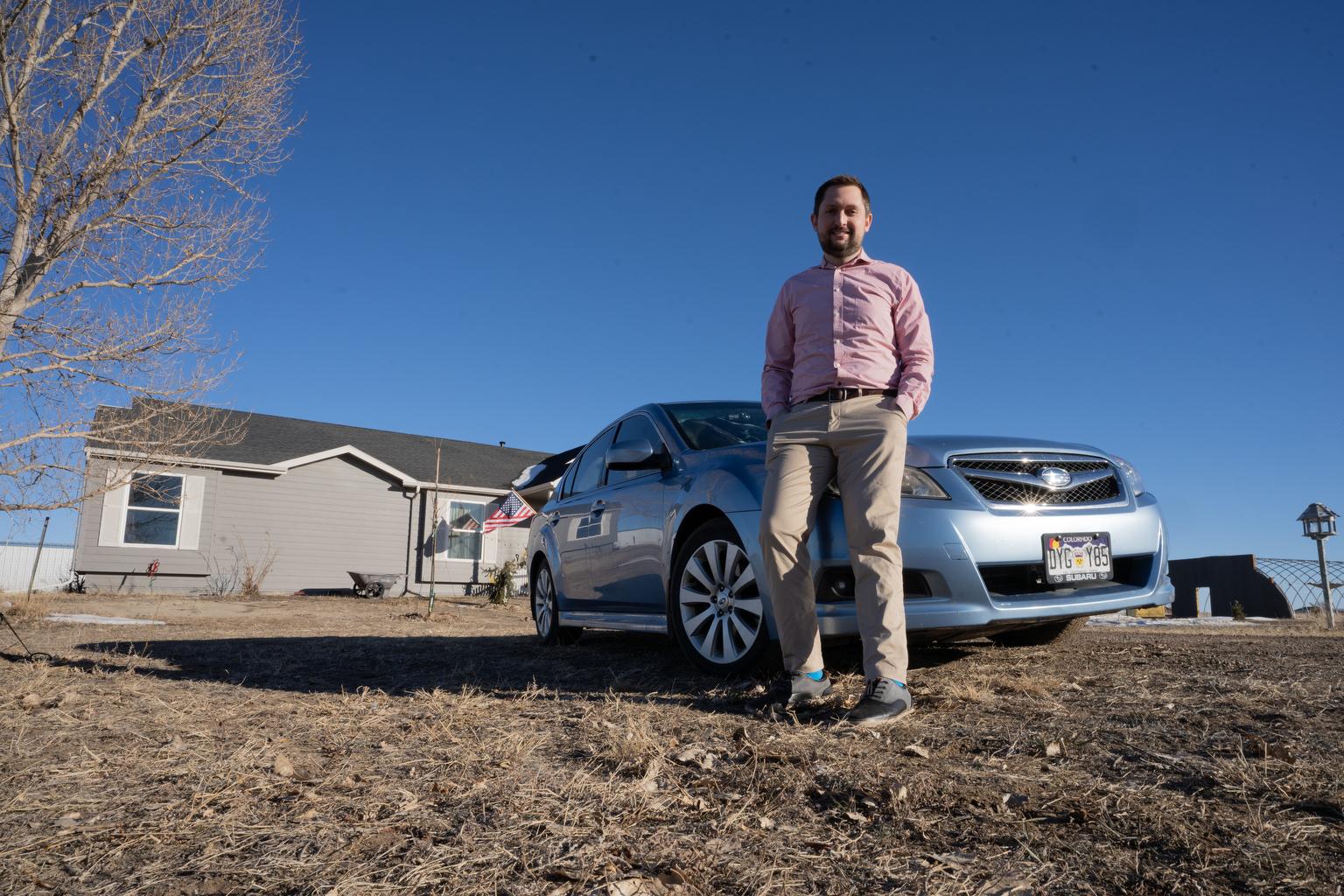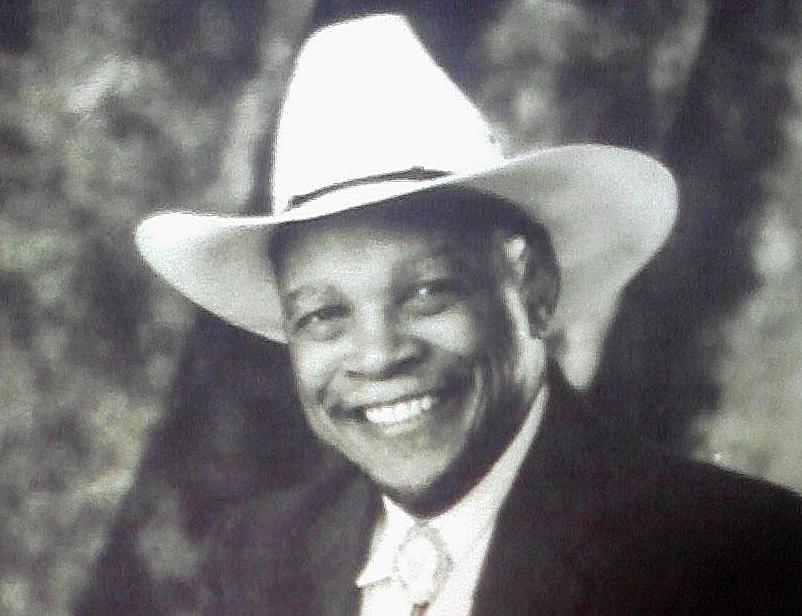
Well-known as a storyteller, a collector and the man who set out to prove black cowboys existed, Paul Stewart died last Thursday at his home in Aurora, Colo. He was 89.
“He was the ‘griot’ of western information,” Terry Nelson of the Blair-Caldwell African American Research Library said. “It’s African for master storyteller.”
Stewart was on dialysis three times a week for a few years. He recently decided to stop the treatment, according to the Black American West Museum and Heritage Center chairwoman Daphne Rice-Allen. Last week, Stewart entered hospice care.
"He’s been at peace for a while," she said.
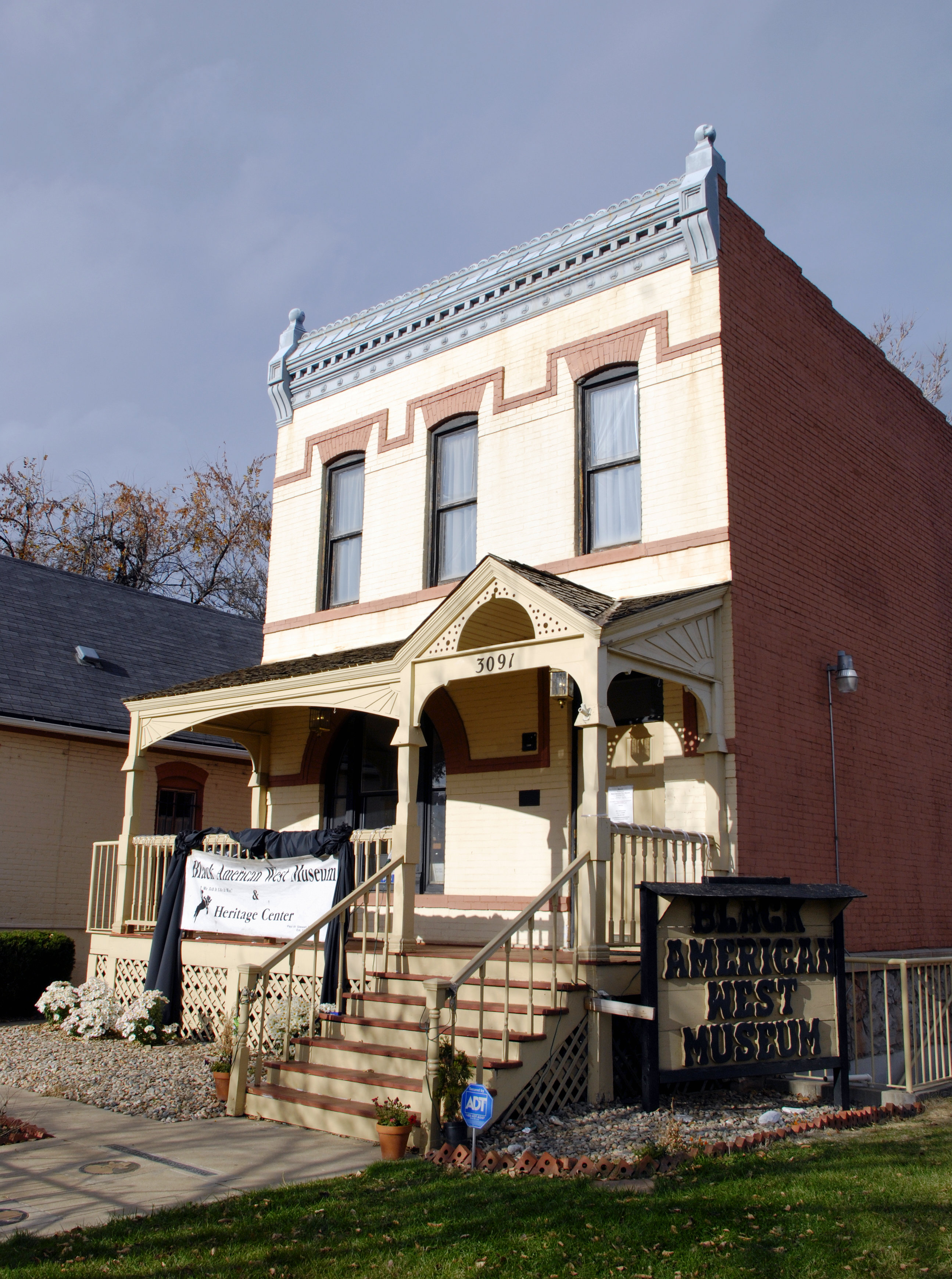
Stewart founded Denver’s Black American West Museum in 1971. The story goes that he started on this path as a young boy in Iowa playing cowboys and Indians with friends, who always made him pretend to be an Indian.
“He wondered why there wasn’t any black cowboys, and they kept telling him there weren’t any,” Nelson said. “So he kept searching.”
Stewart had family in Colorado, and it was during one visit that he encountered his first black cowboy, Rice-Allen said.
"He met a gentleman in a hat and cowboy boots and just thought... he was a dime store cowboy," she said. "But when he learned this gentleman truly was a cowboy -- had his own ranch, his own farm -- (Stewart) basically dedicated his life to unearthing that information."
Stewart, a World War II veteran, told CPR News in 2014 that he moved to Denver in the early 1960s and worked at Lowry Air Force Base.
He later worked as a barber, including at Colfield’s Barbershop in the Five Points neighborhood. The business drew a variety of patrons, ranging from recognizable locals to celebrities like boxer Sonny Liston.
“I’m interested in history. I didn’t know about the West when I came out here,” Stewart said. “The businessmen came into the shop, and I’d always interview them.”
Stewart spent a lot of time near the historic Rossonian Hotel with its famed jazz lounge, where he often went after work. There he gathered pictures of jazz greats like Ella Fitzgerald and Duke Ellington.
As Stewart’s interest in African Americans impact on the West grew, so did his collection of photographs and artifacts. The items ranged from saddles and ropes to a jewelry box owned by Academy Award-winning actress Hattie McDaniel, who lived in Five Points, he said.
“He kept a huge amount of things and people brought their things to him because he was the only resource,” Nelson said. “He did it before anybody around here did it to any degree.”
That personal collection gave way to the Black American West Museum and Heritage Center, which now stands at 3091 California St. in Denver. It’s the former home of Dr. Justina Ford, Denver’s first licensed female African American physician. The collection served as Stewart’s own documentation of black pioneers, from cowboys to miners -- something he believed was ignored.
“African Americans play a very important part, but it wasn't in the history books,” Stewart said. “And my main object is to make people aware that we were here and we did contribute to the history."
The noted historian often spoke about his work in Denver and beyond. He published two books, including “Westward Soul” co-authored in 1976.
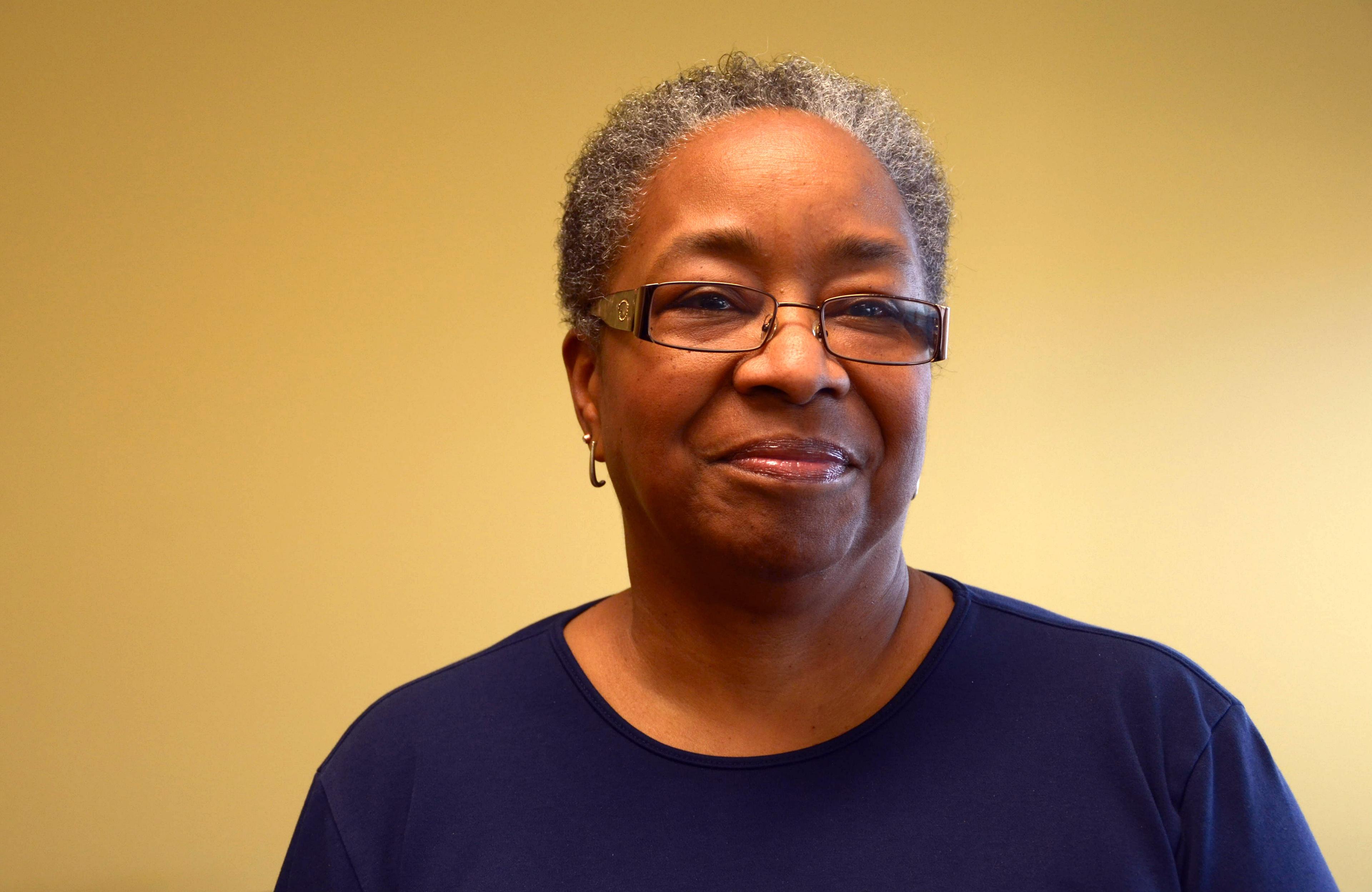
"He just had the personality, the demeanor, and even the attire he wore," Rice-Allen said. "He would do that cowboy handshake. He promoted interested and enthusiasm and sometimes even awe."
Stewart was also working on a third book about the Five Points neighborhood. He told CPR News last year that he hoped to publish more books about black women, miners, military members and athletes.
“When you get to talking to me, my mind comes alive,” he said. “I have a story to tell.”
A public viewing in honor of Paul Stewart will take place Wednesday, Nov. 18, from 4 - 9 p.m. at the Pipkin Funeral Home in Denver. The funeral service will be held Thursday, Nov. 19, at 10:30 a.m. at New Life Community Church in Aurora.
Colorado Matters host Ryan Warner contributed to this report.

